
A paper titled: Writing impact case studies: a comparative study of high-scoring and low-scoring case studies from REF2014 was published in Nature this week.
The authors have analysed the content and language of the impact case studies submitted to REF2014 and concluded that: “implicit rules linked to written style may have contributed to scores alongside the published criteria on the significance, reach and attribution of impact”. The article is enlightening, with many useful tables comparing high and low-scoring impact case studies which show a clear difference in content and language between them.
From the abstract: “The paper provides the first empirical evidence across disciplinary main panels of statistically significant linguistic differences between high- versus low-scoring case studies, suggesting that implicit rules linked to written style may have contributed to scores alongside the published criteria on the significance, reach and attribution of impact. High-scoring case studies were more likely to provide specific and high-magnitude articulations of significance and reach than low-scoring cases. High-scoring case studies contained attributional phrases which were more likely to attribute research and/or pathways to impact, and they were written more coherently (containing more explicit causal connections between ideas and more logical connectives) than low-scoring cases. High-scoring case studies appear to have conformed to a distinctive new genre of writing, which was clear and direct, and often simplified in its representation of causality between research and impact, and less likely to contain expressions of uncertainty than typically associated with academic writing.”
The authors analyse each section of impact case studies and find differences in language and content in the research, impact and evidence sections of high and low scoring case studies. As they say: “The findings of our work enable impact case study authors to better understand the genre and make content and language choices that communicate their impact as effectively as possible”.
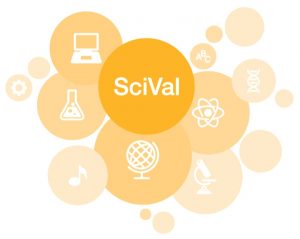





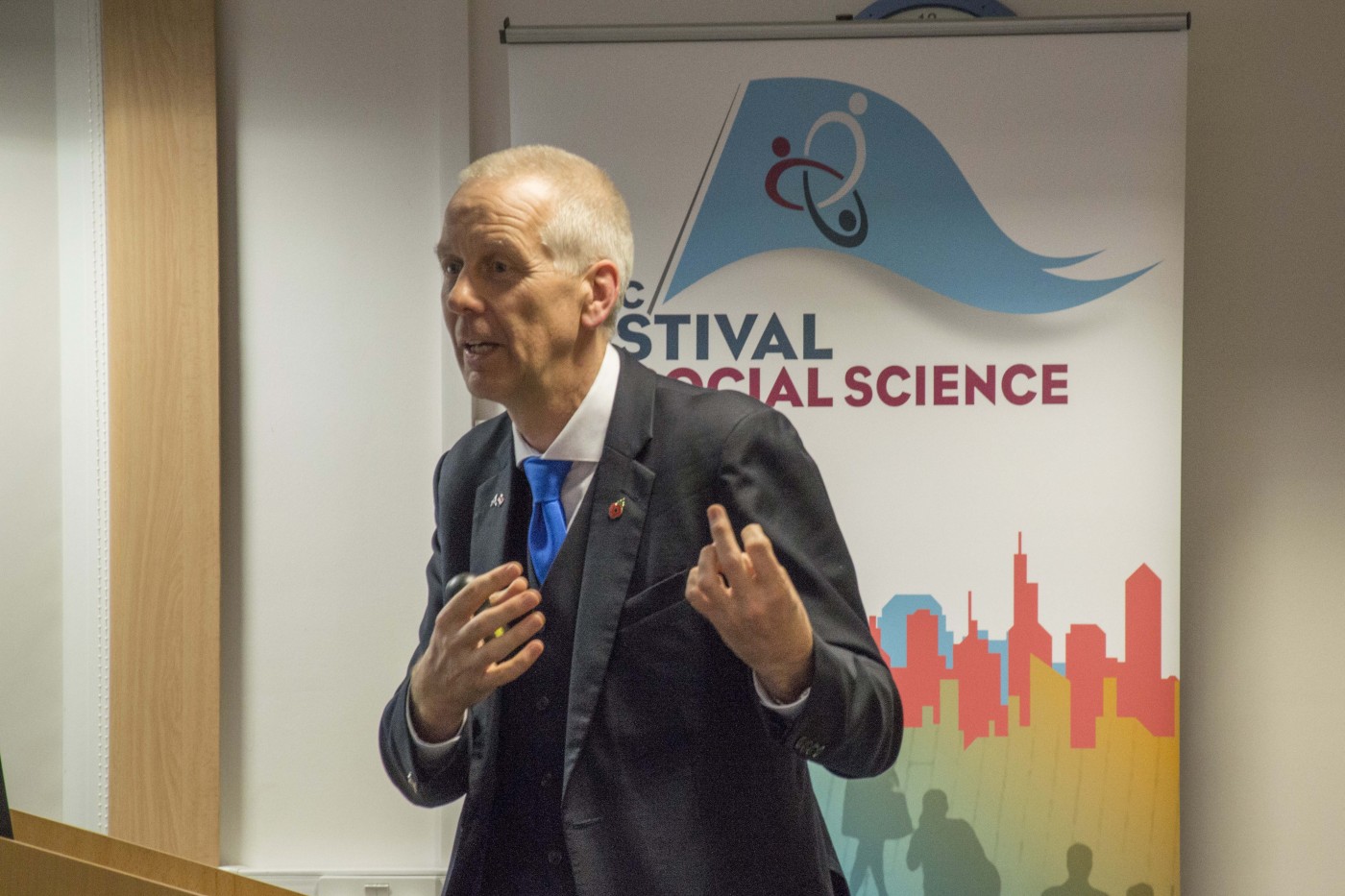



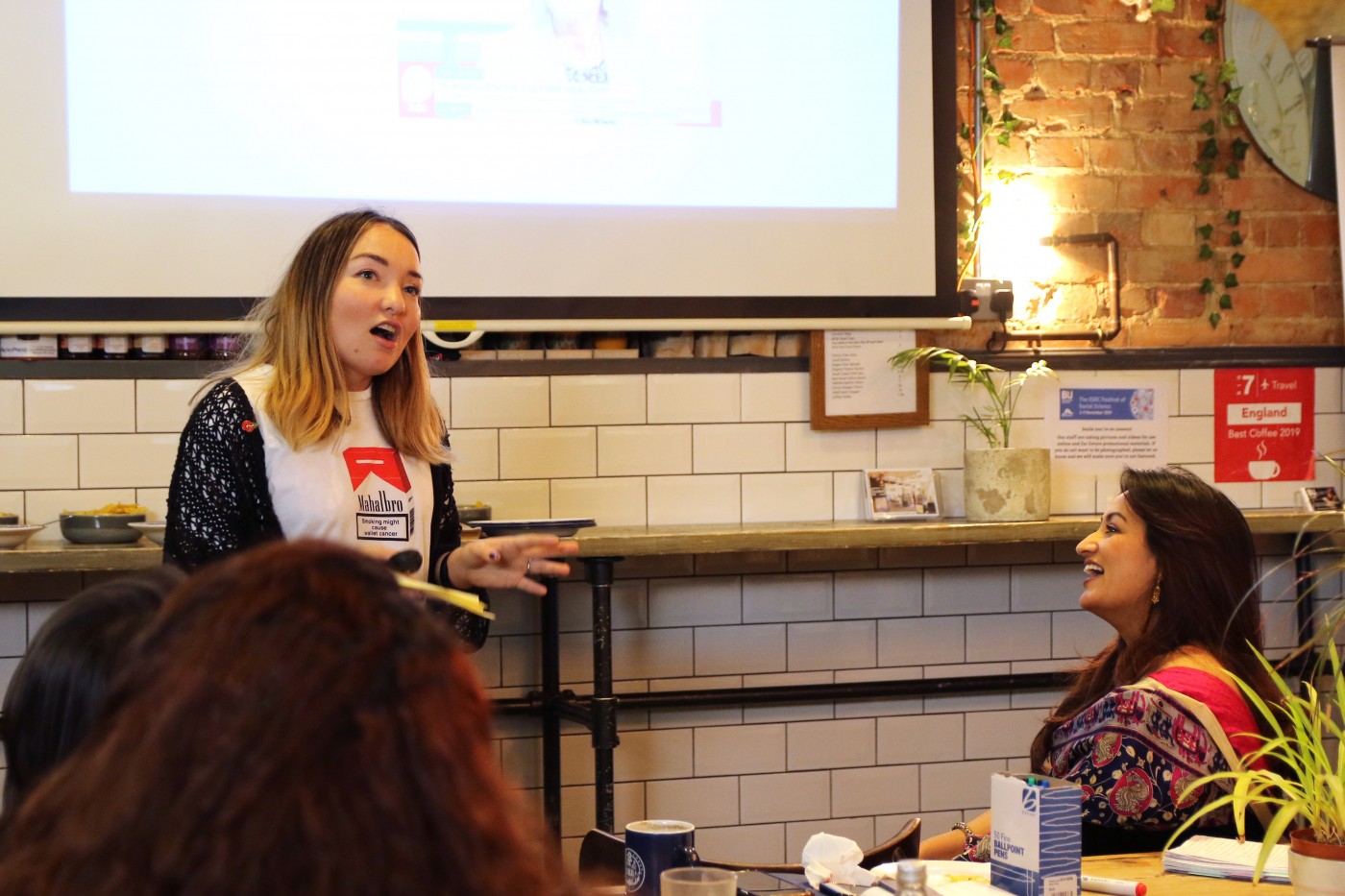
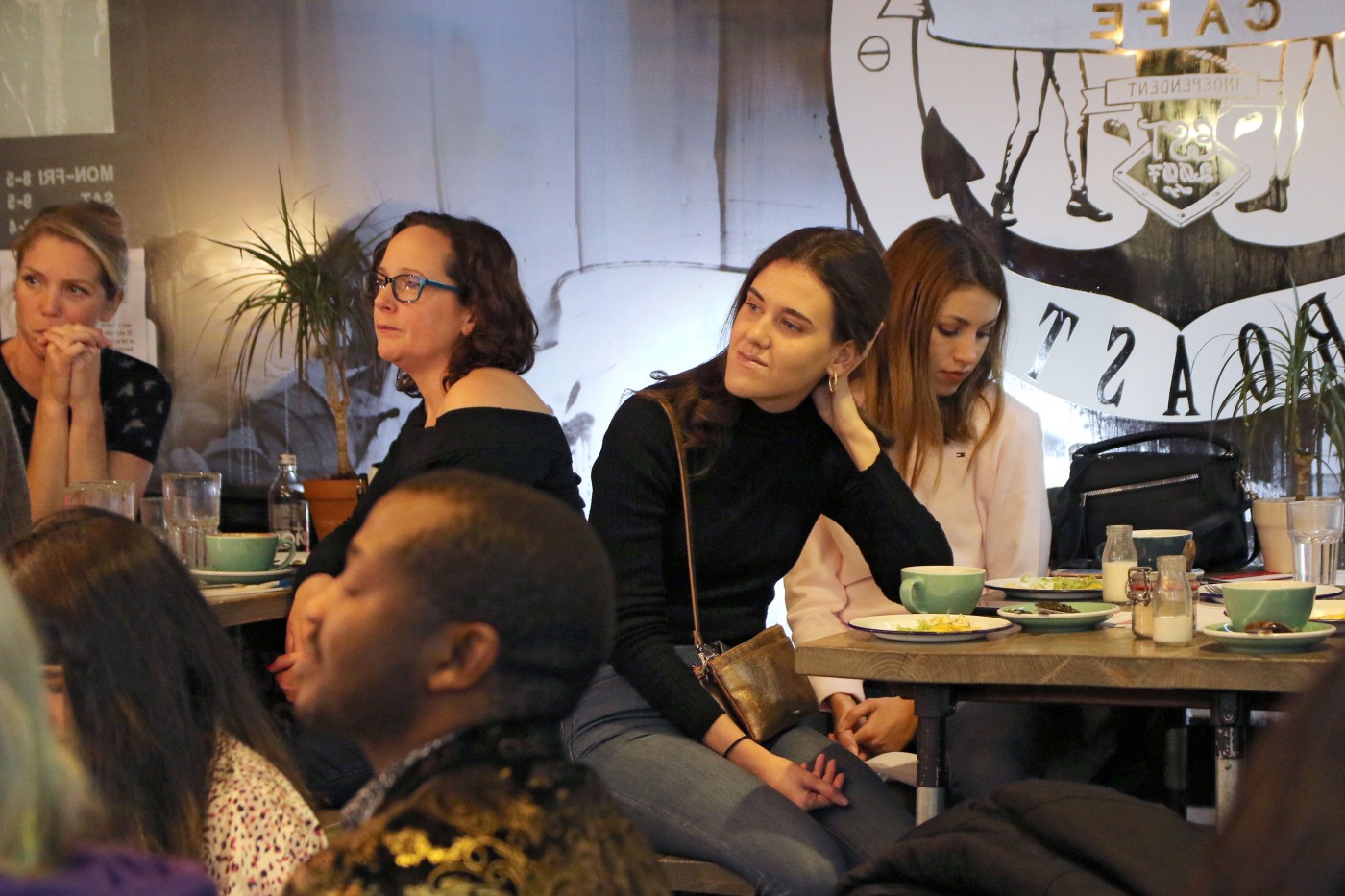
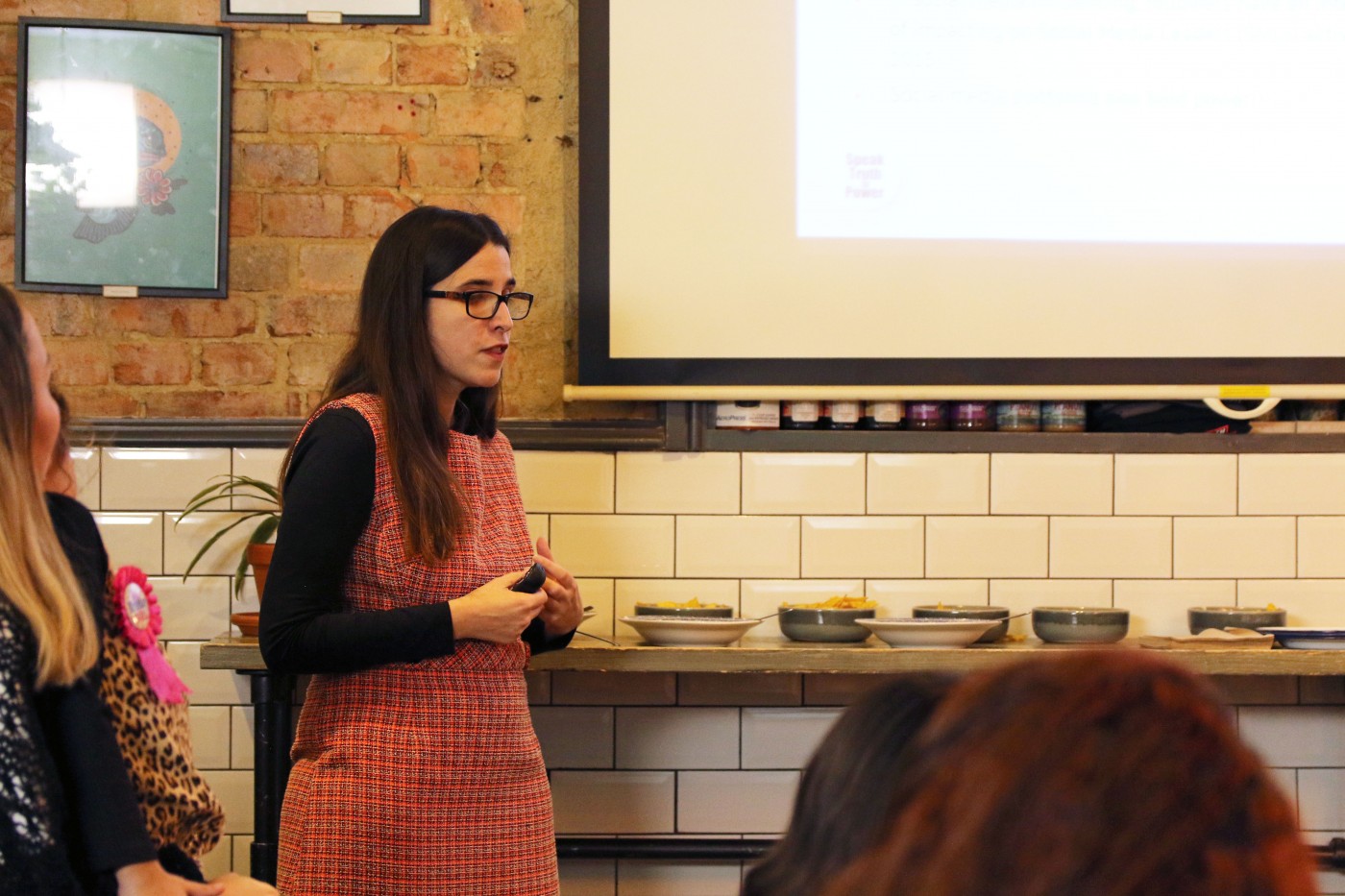
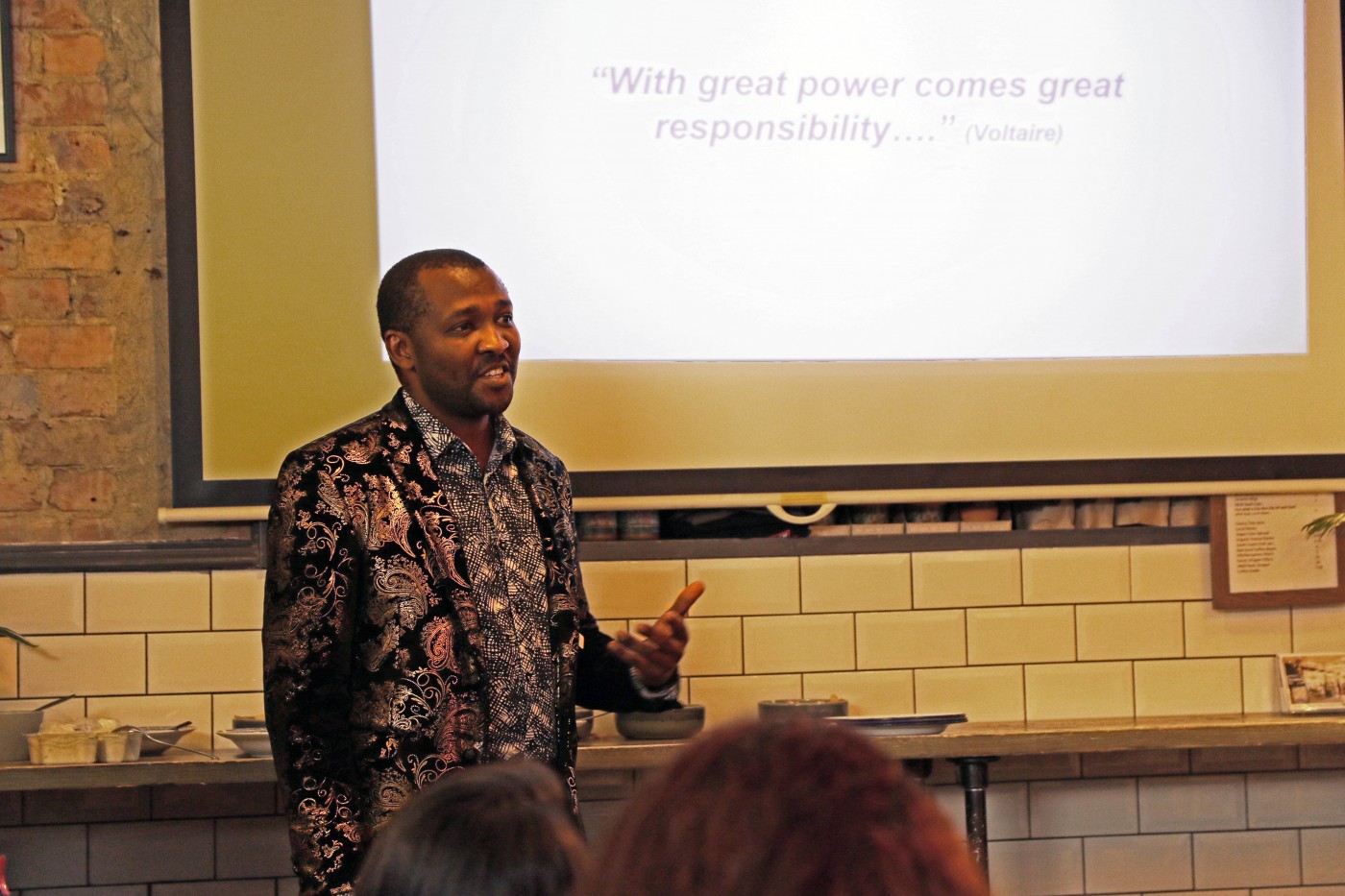
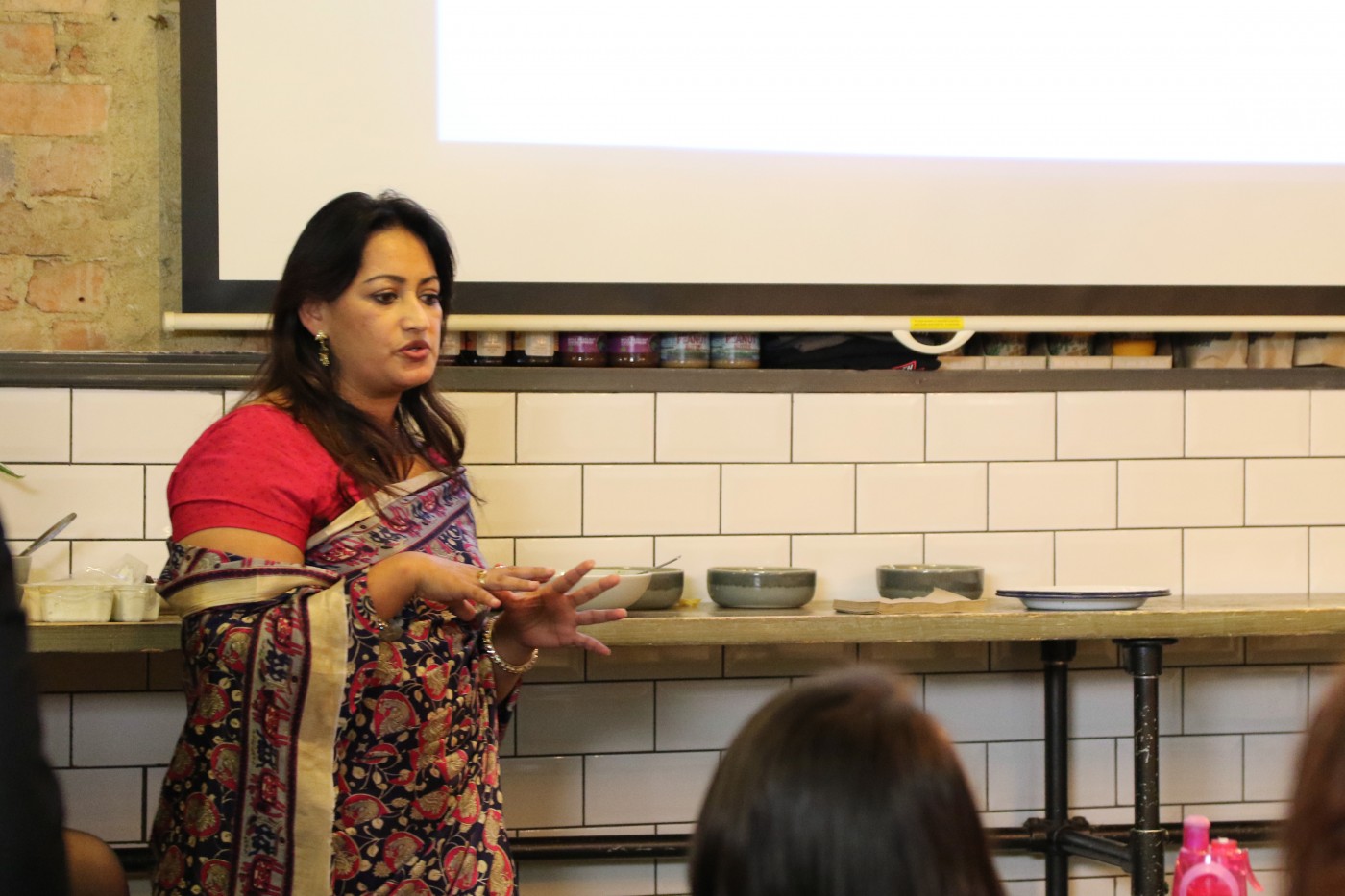
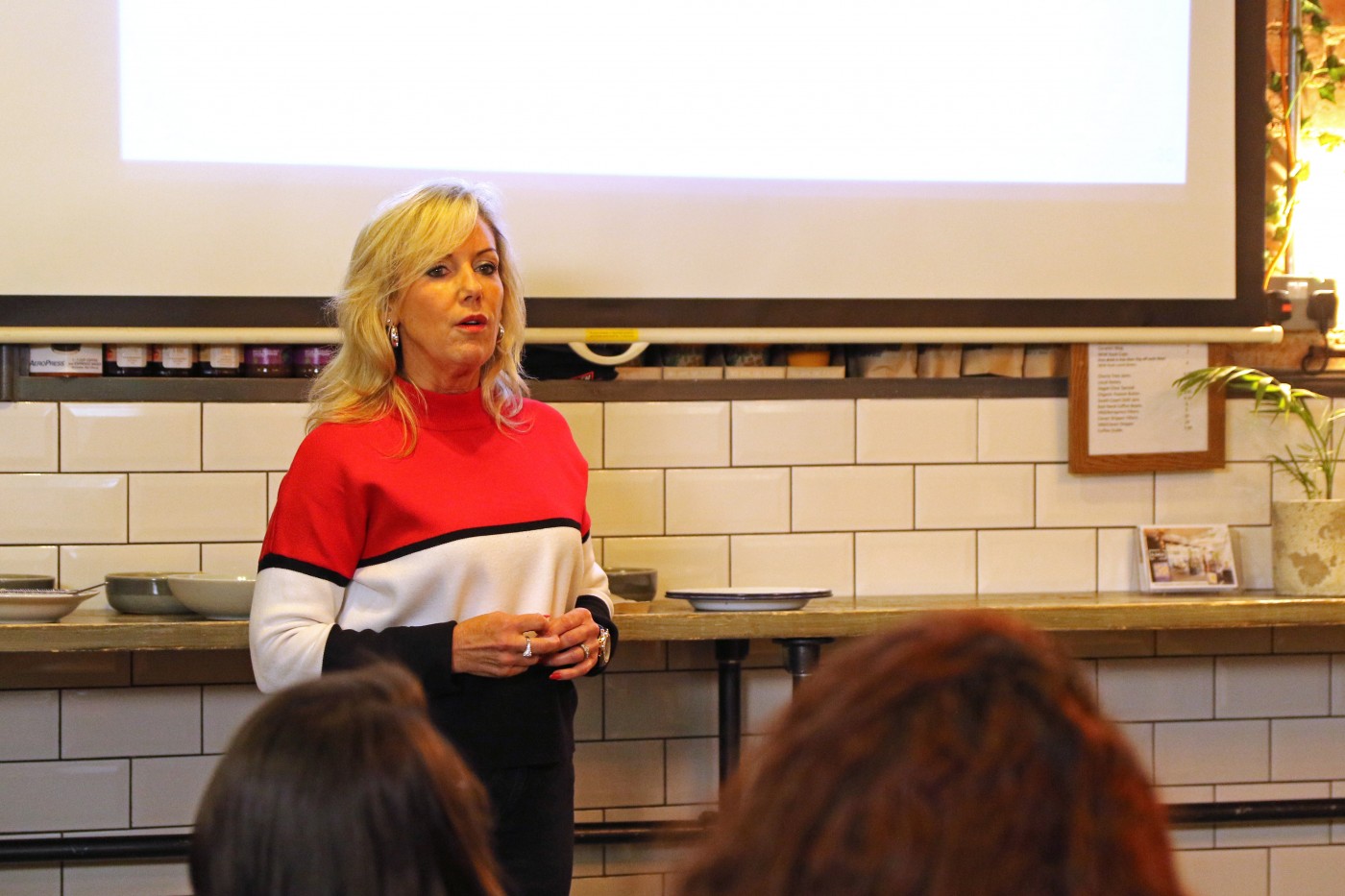
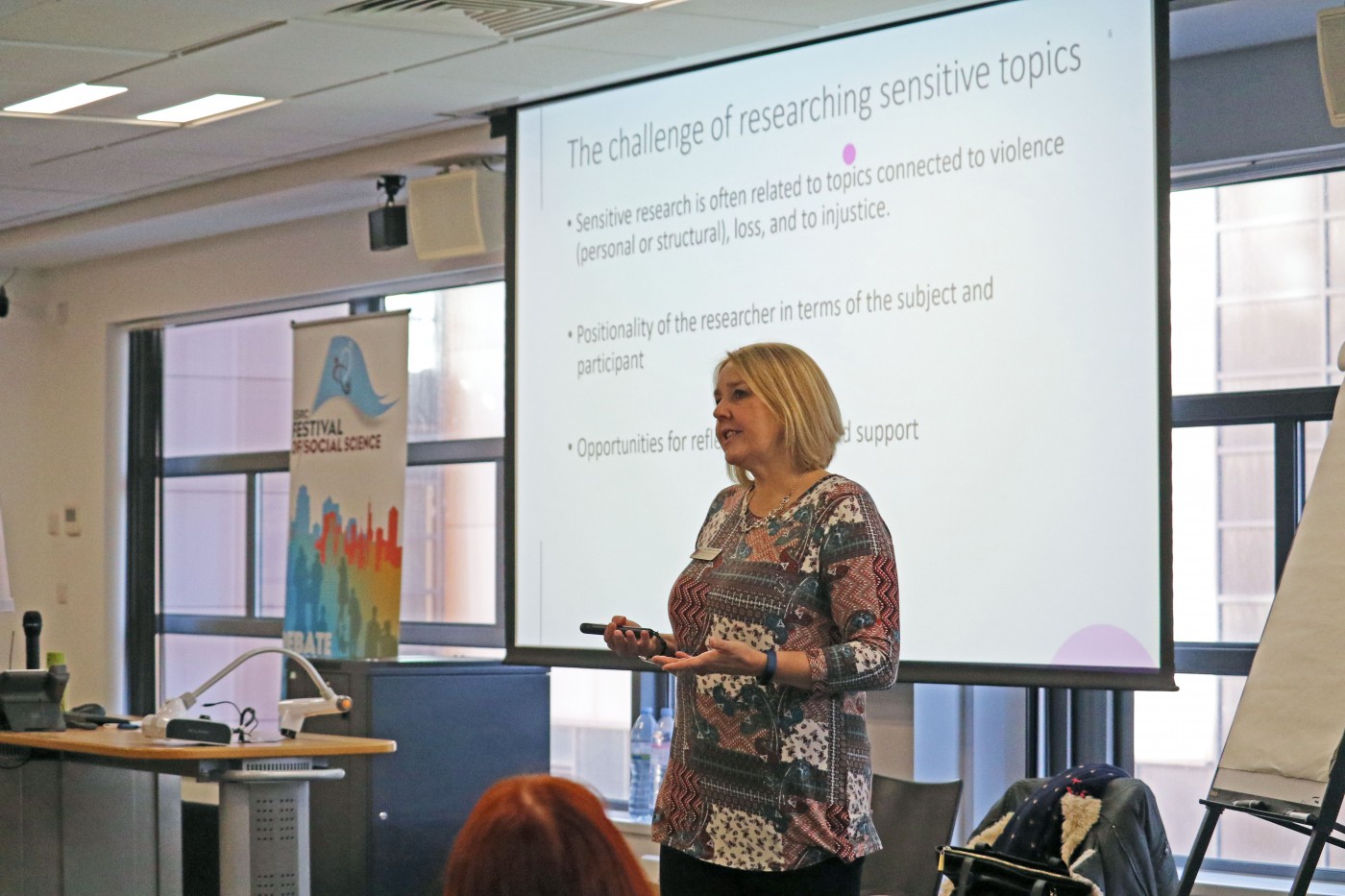
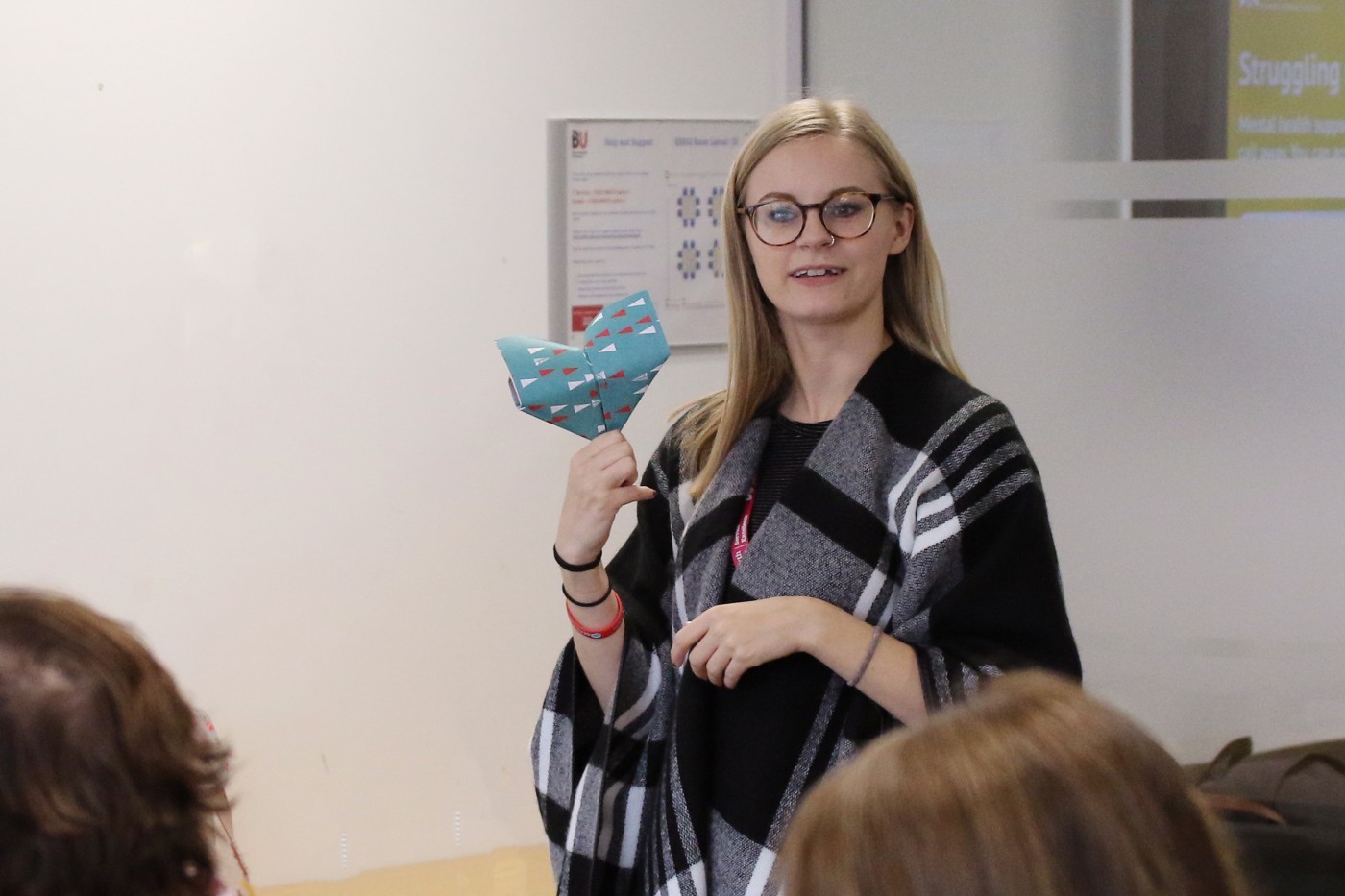
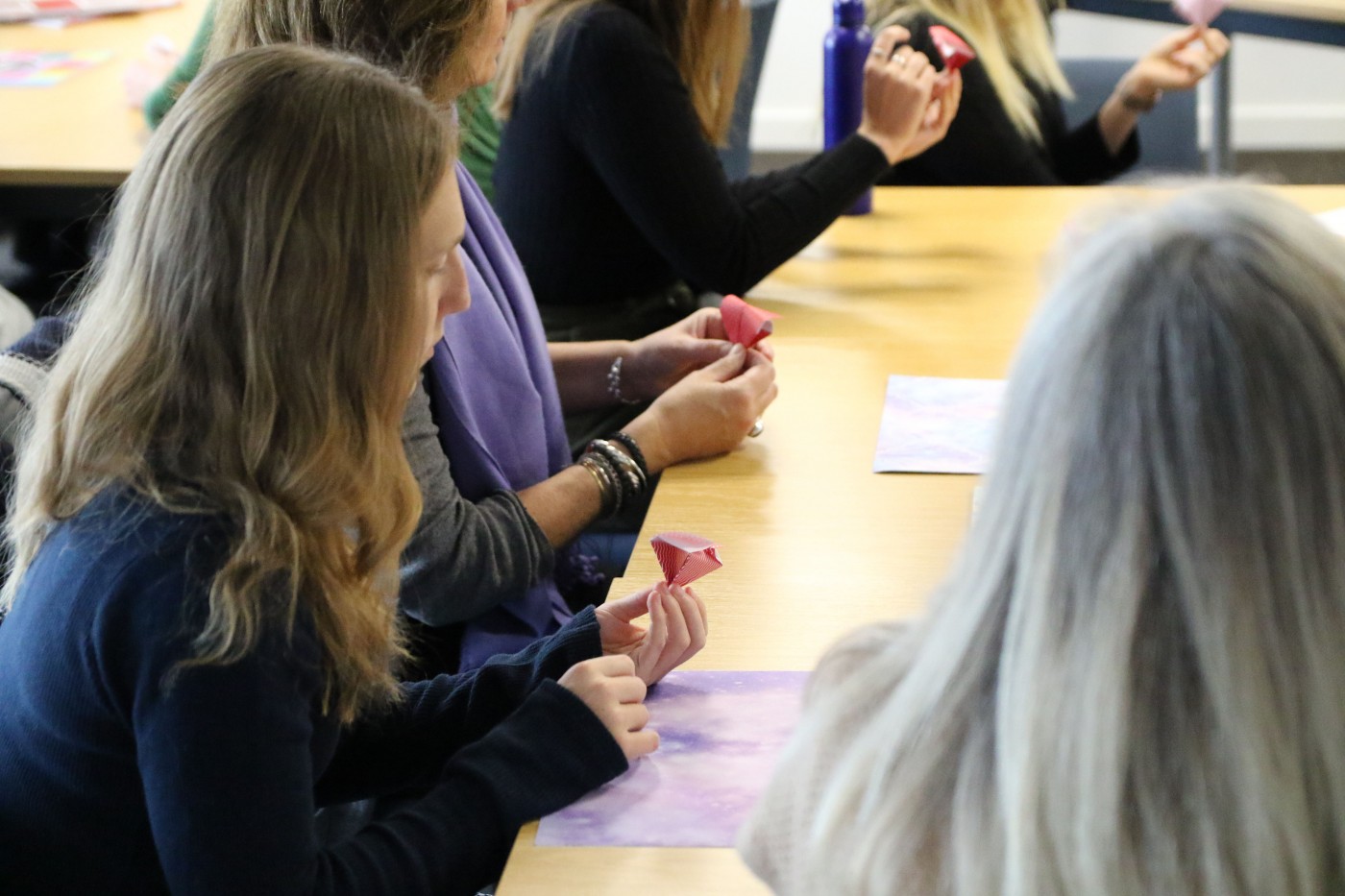
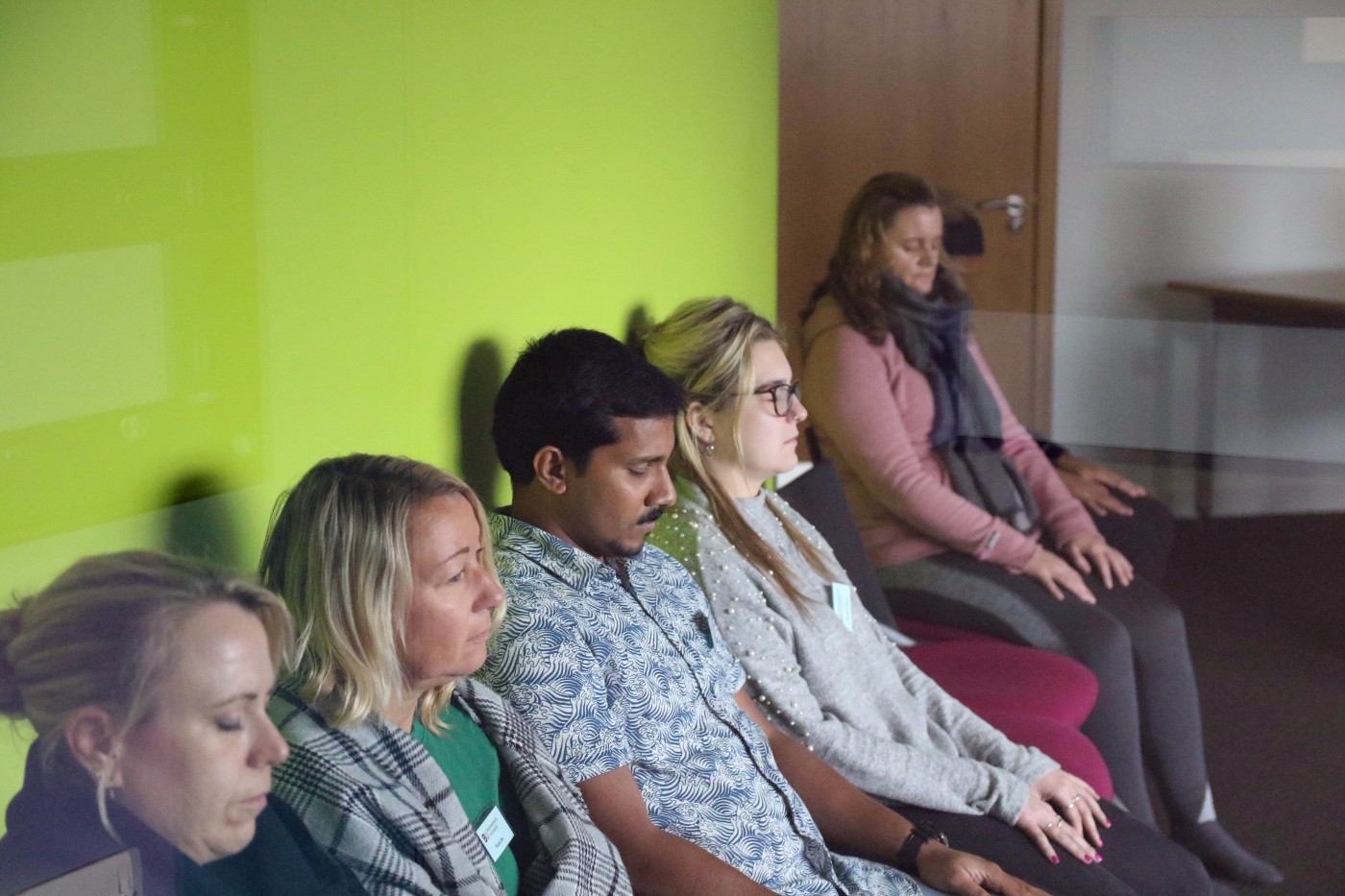





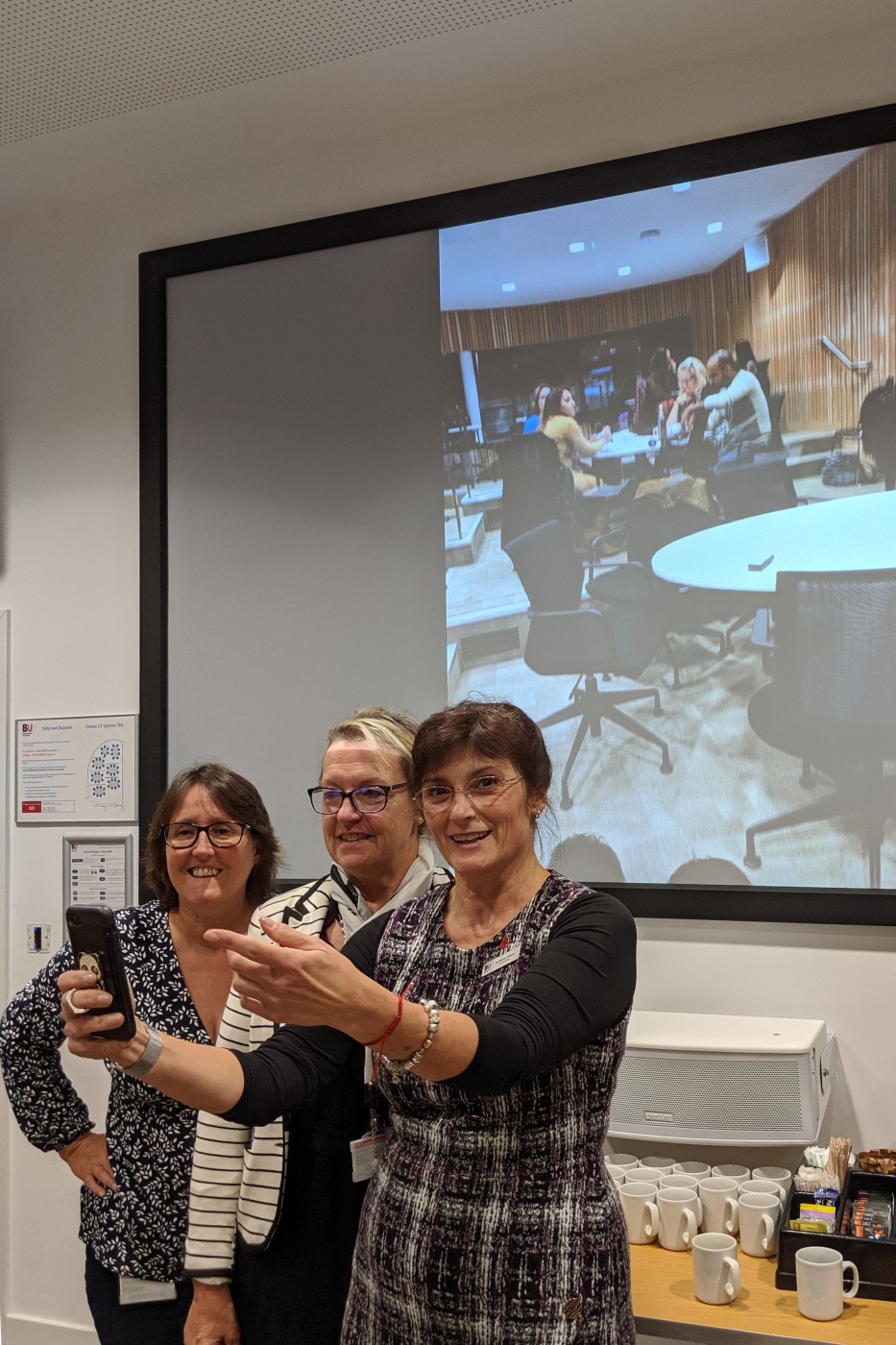
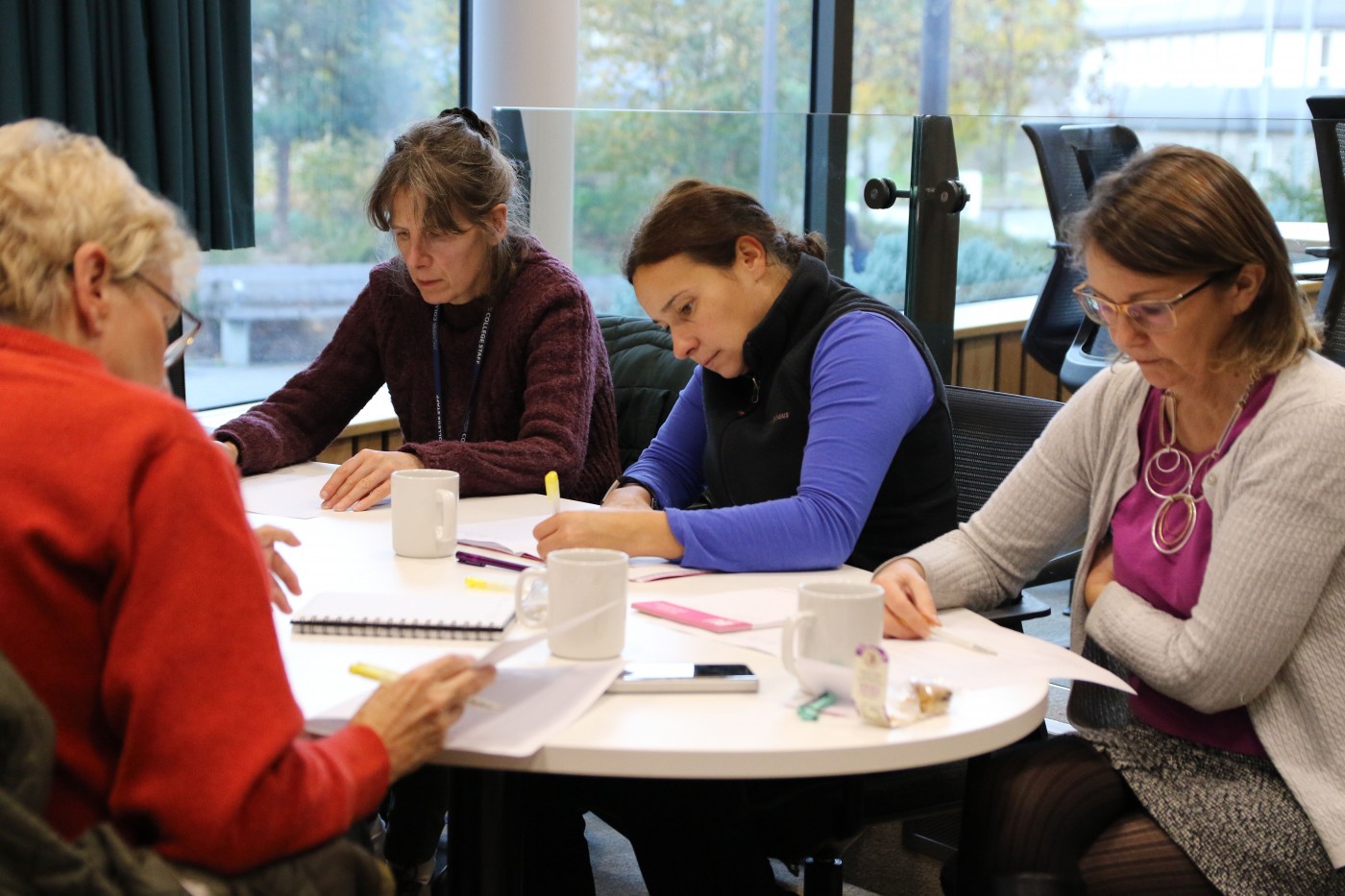
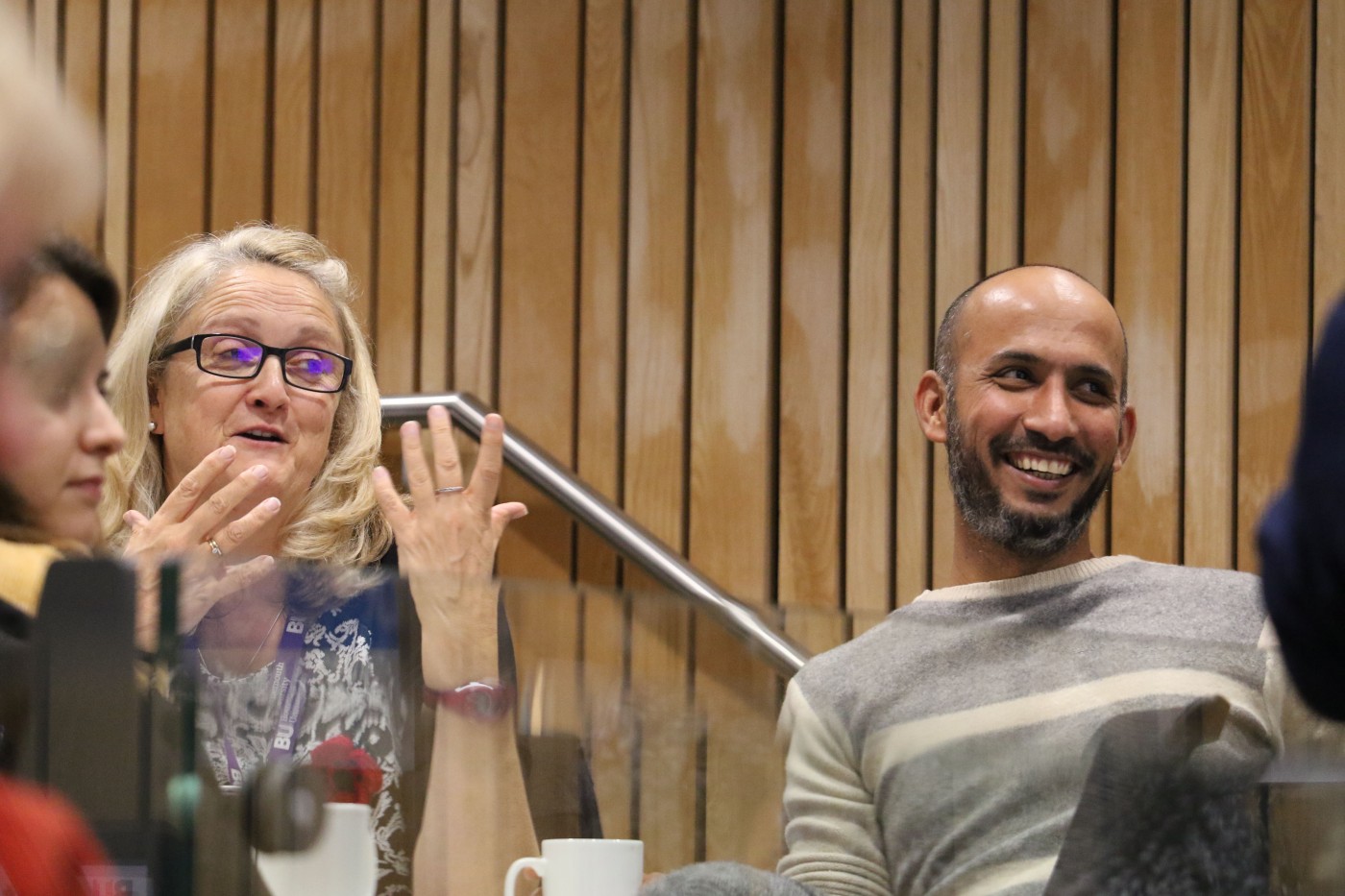
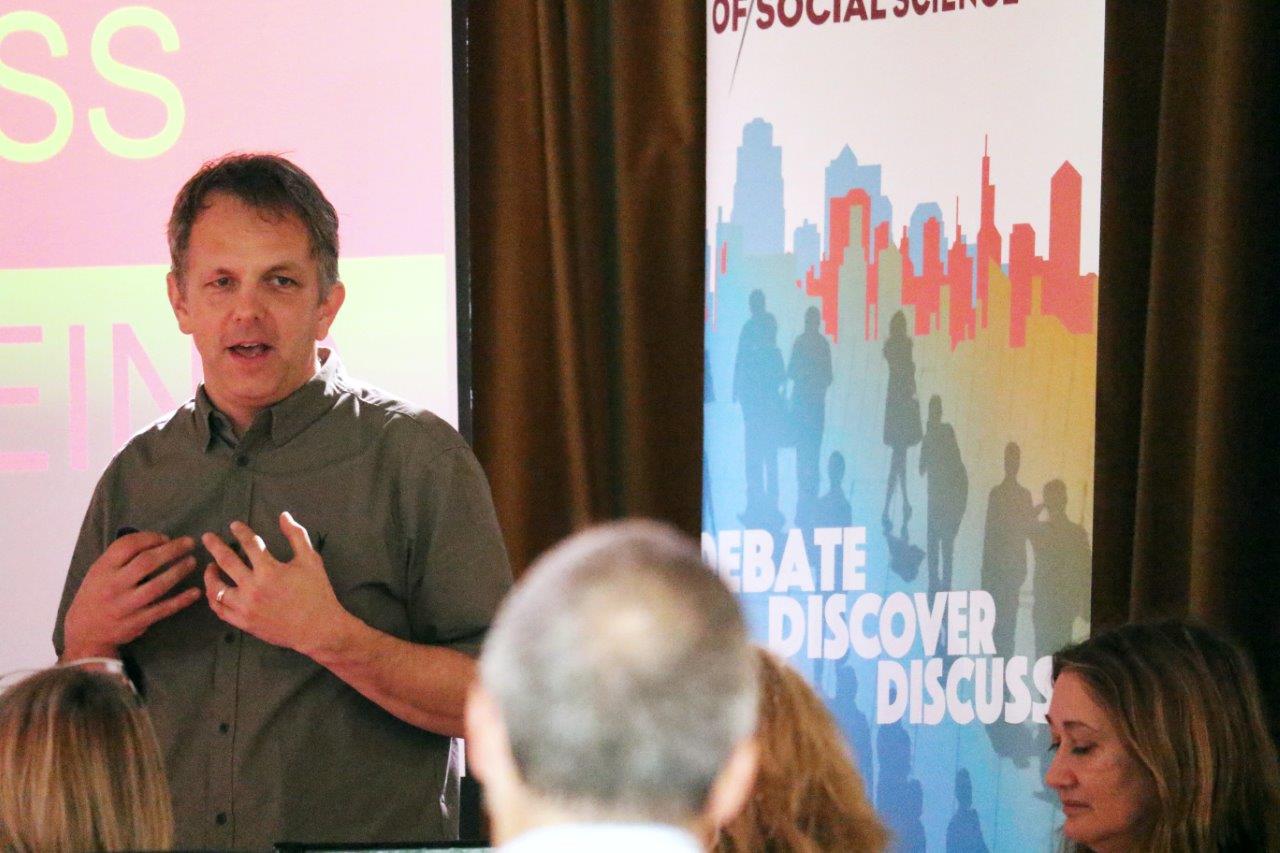
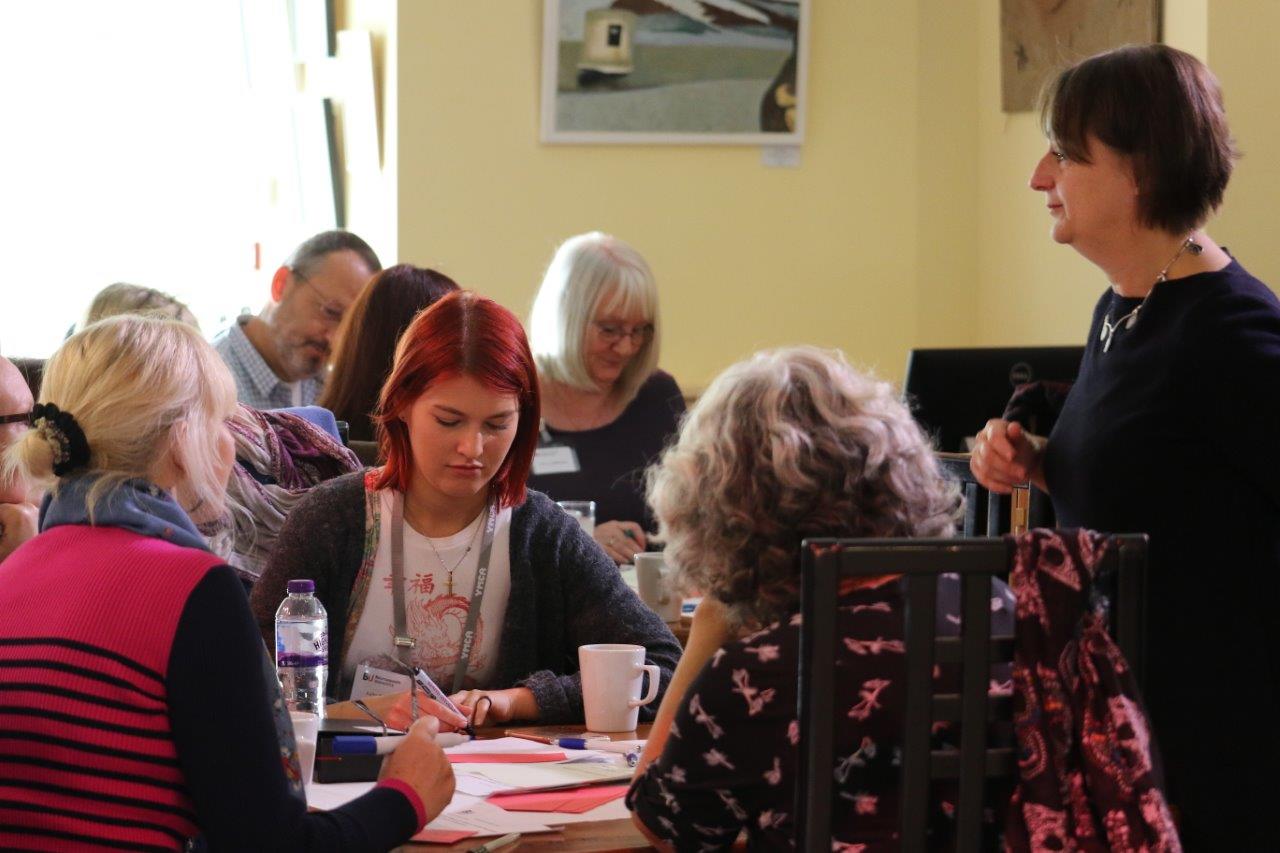
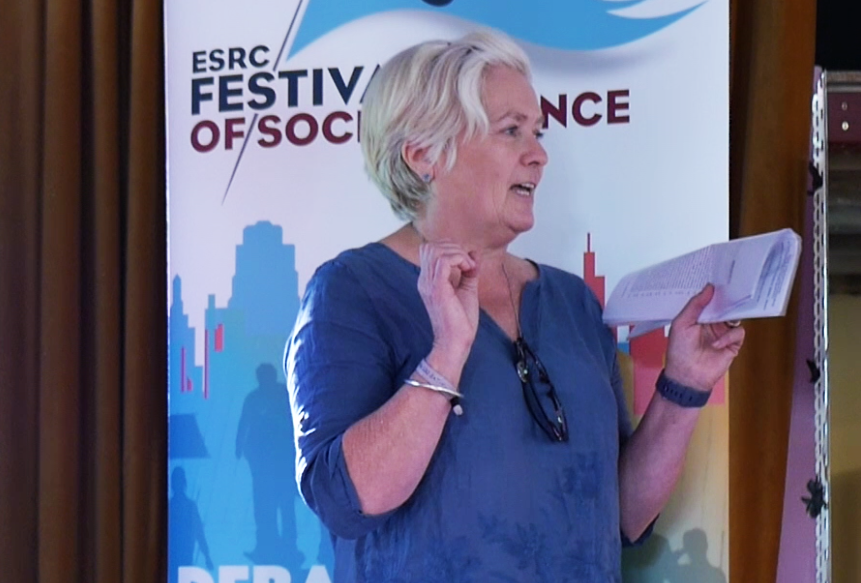
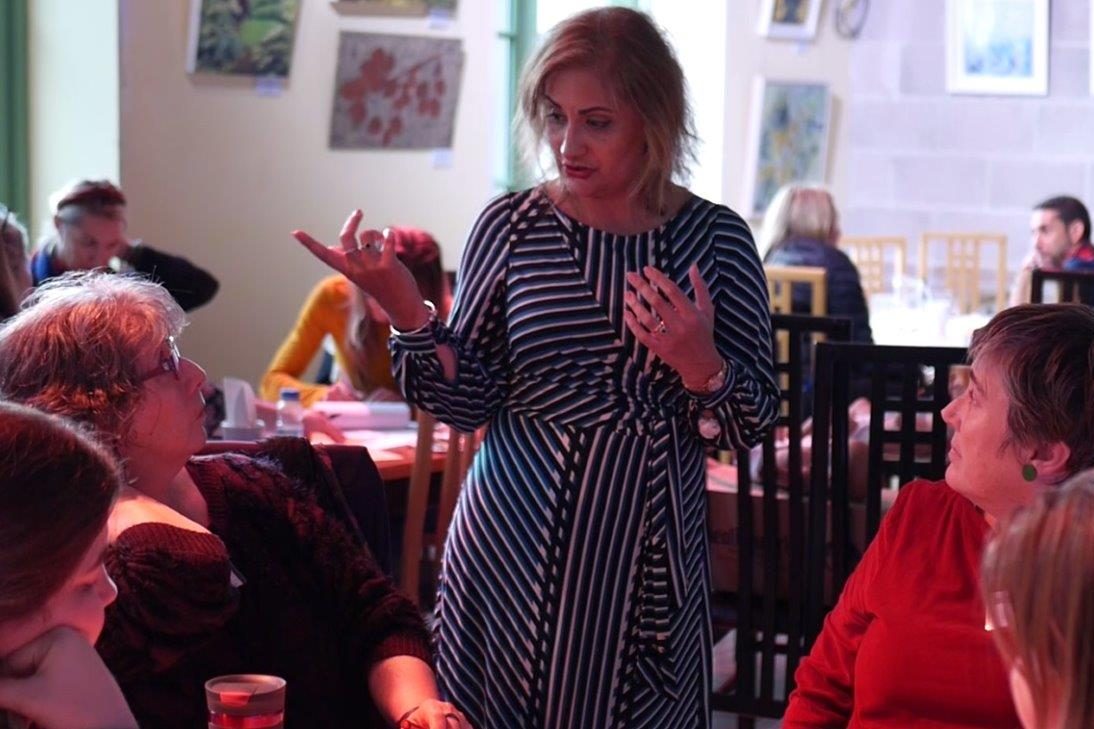

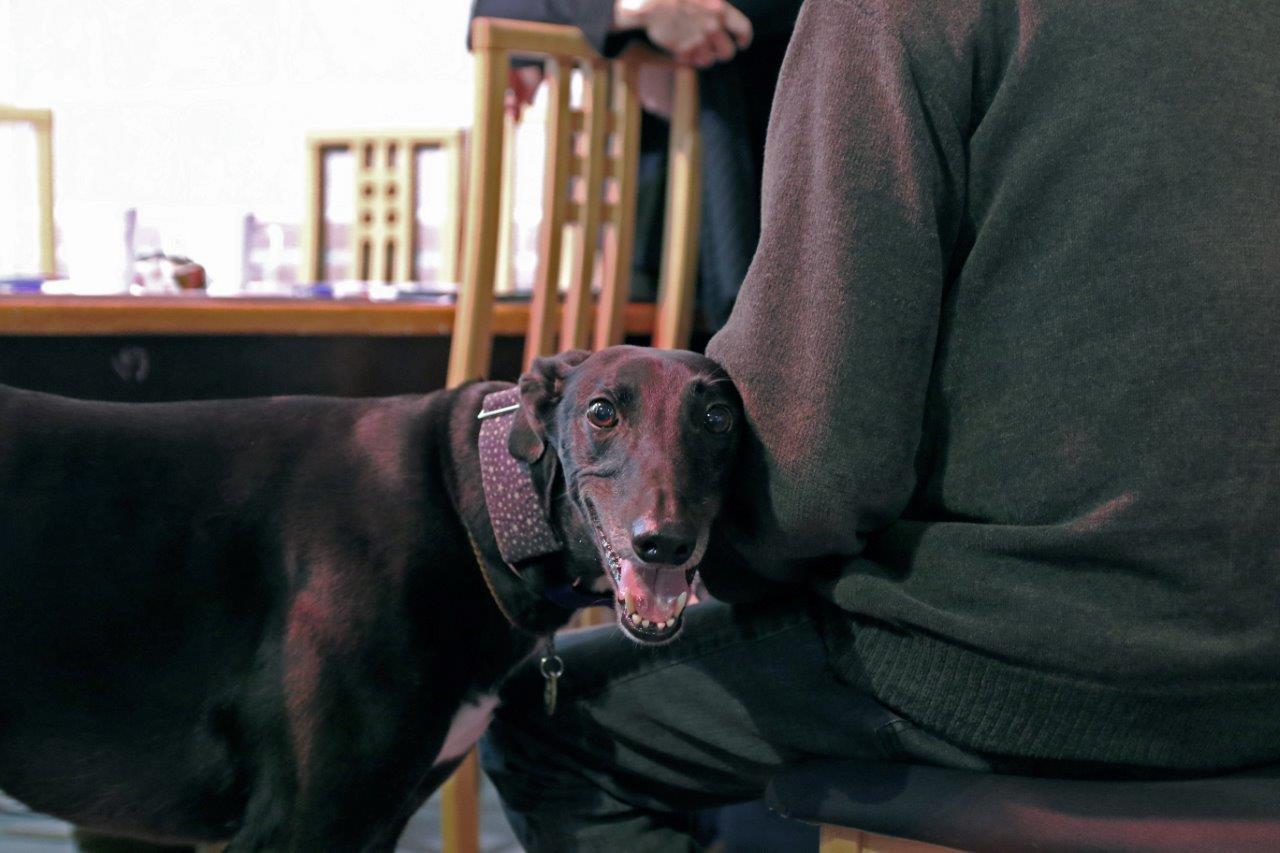
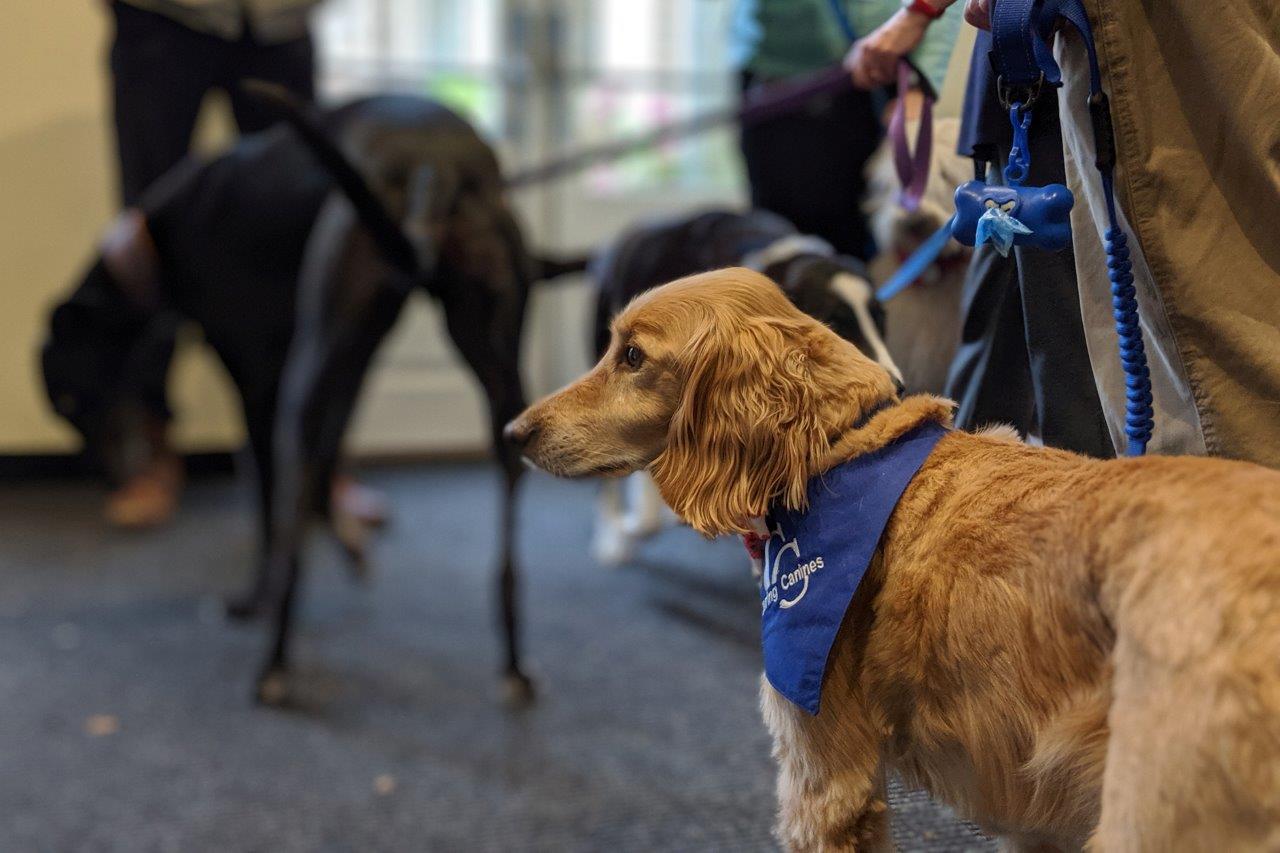
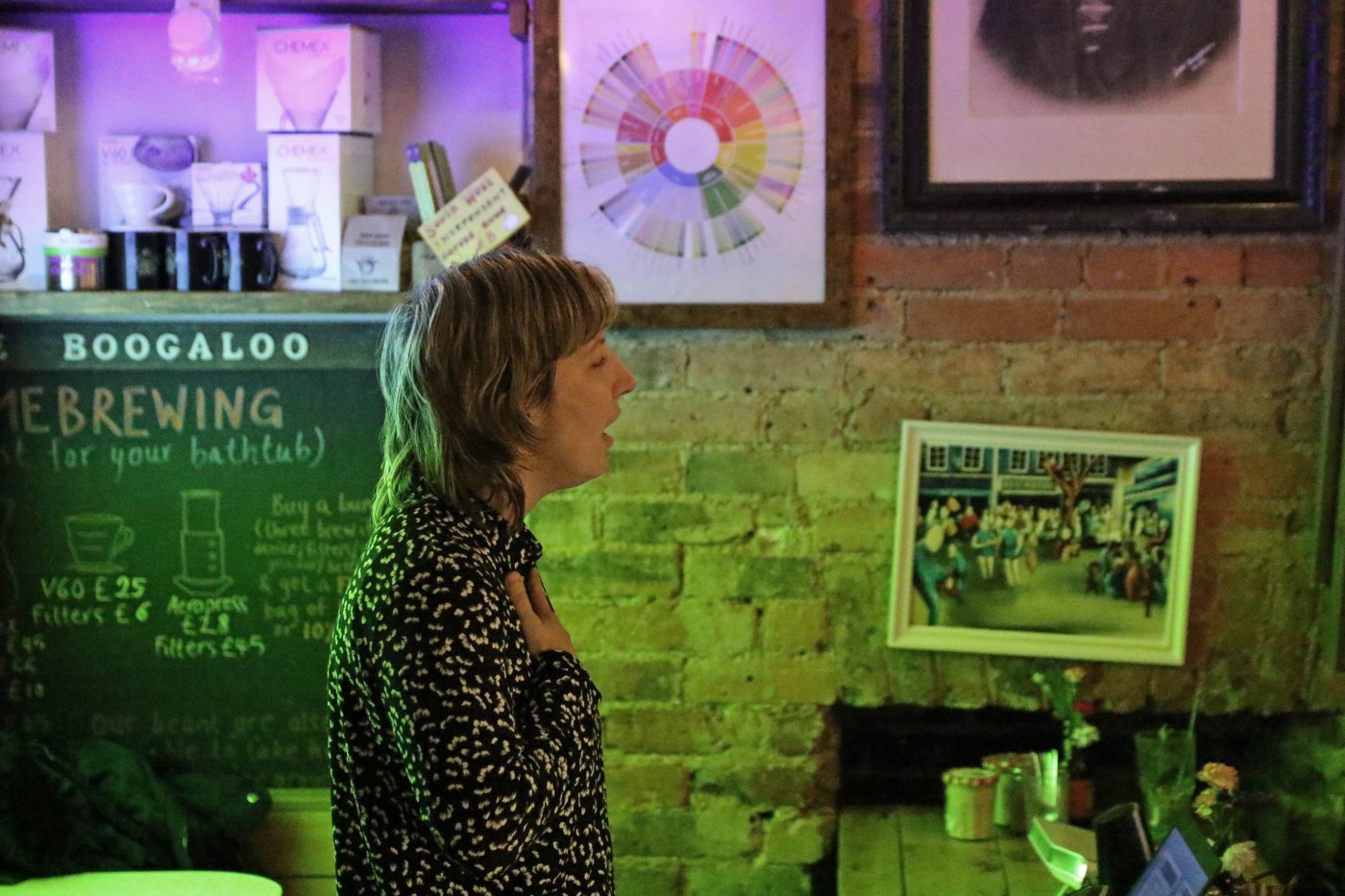
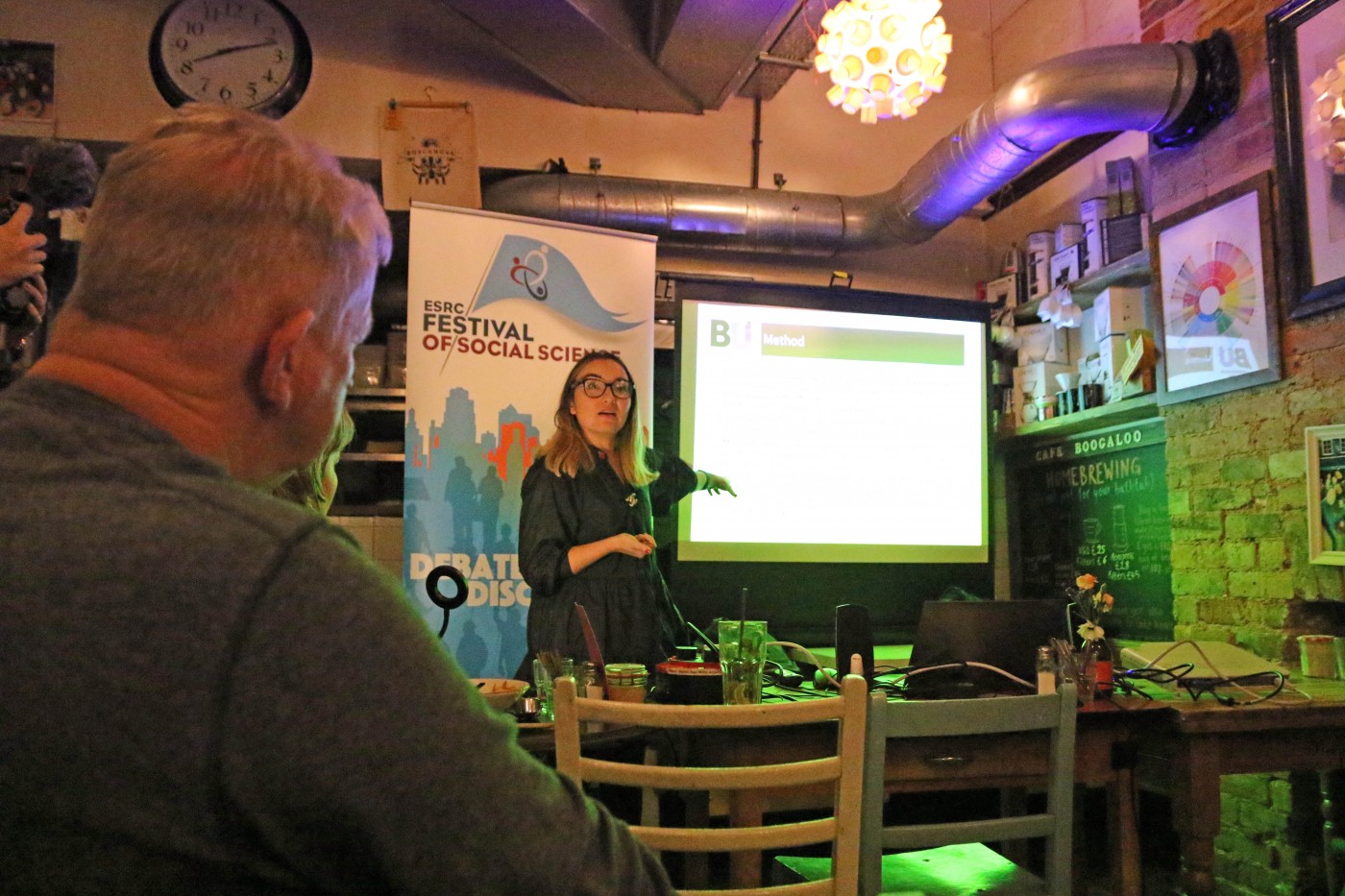

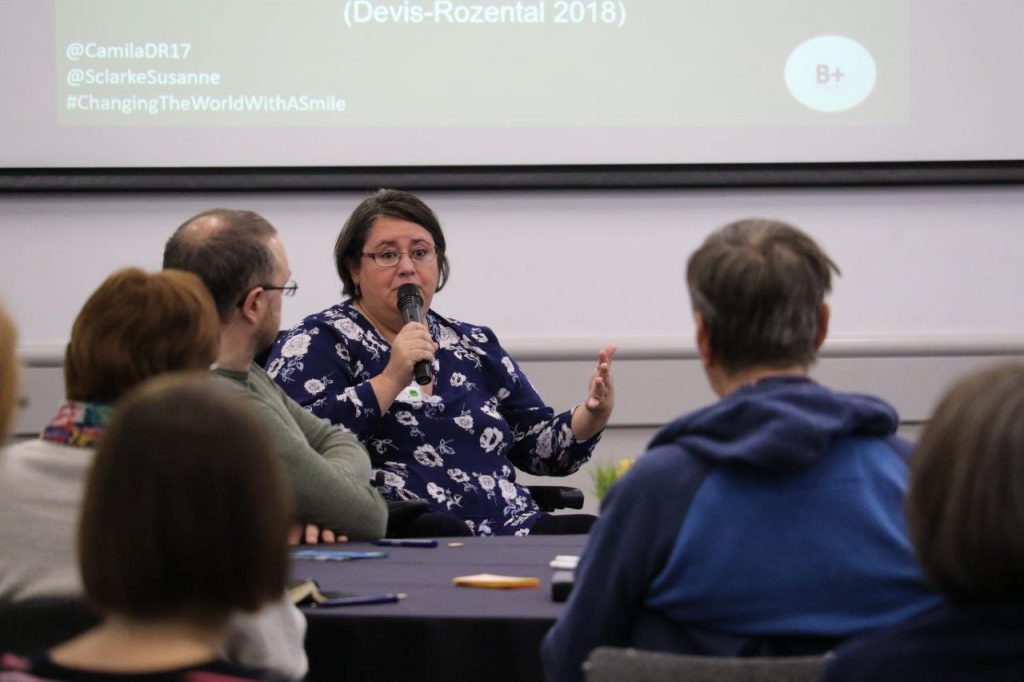
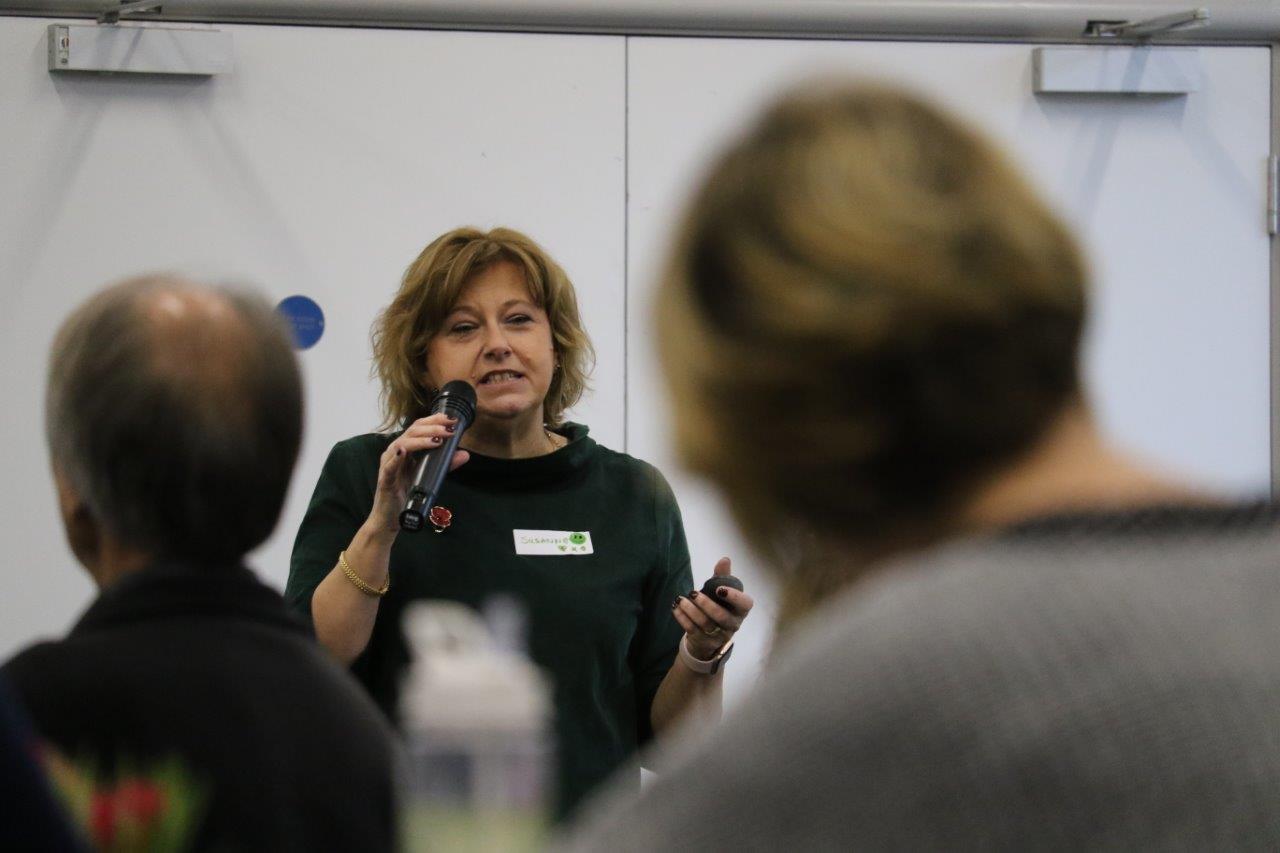
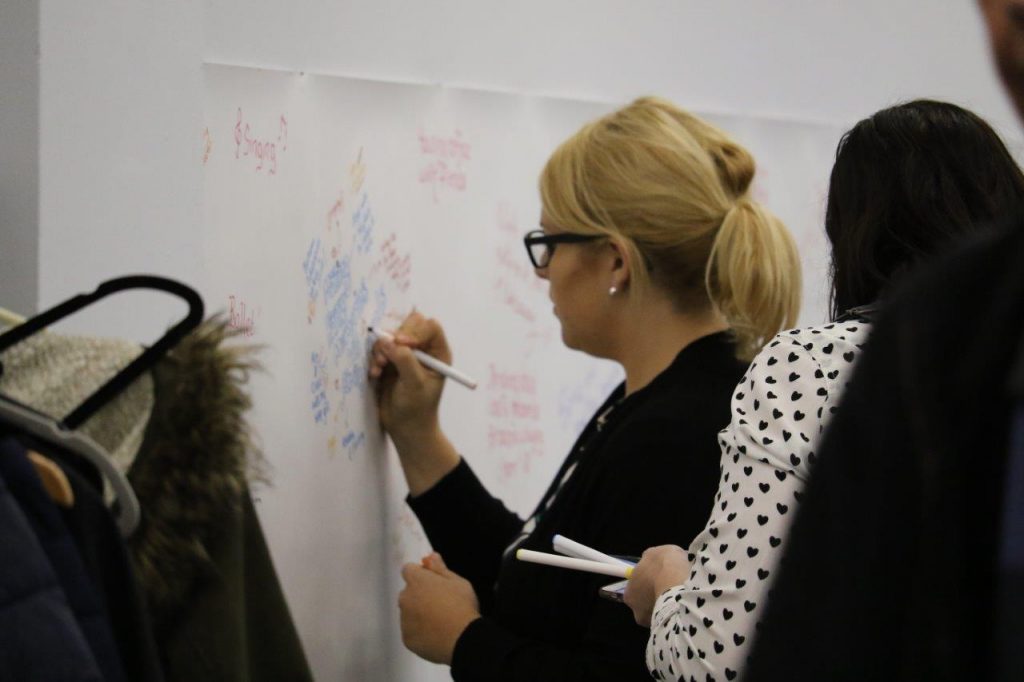
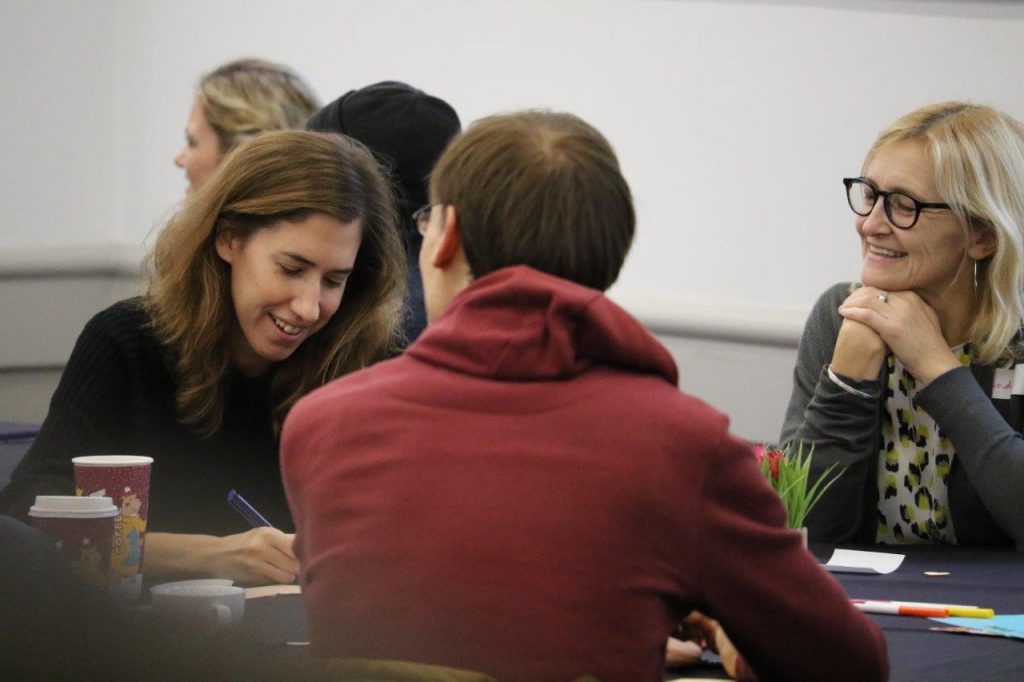
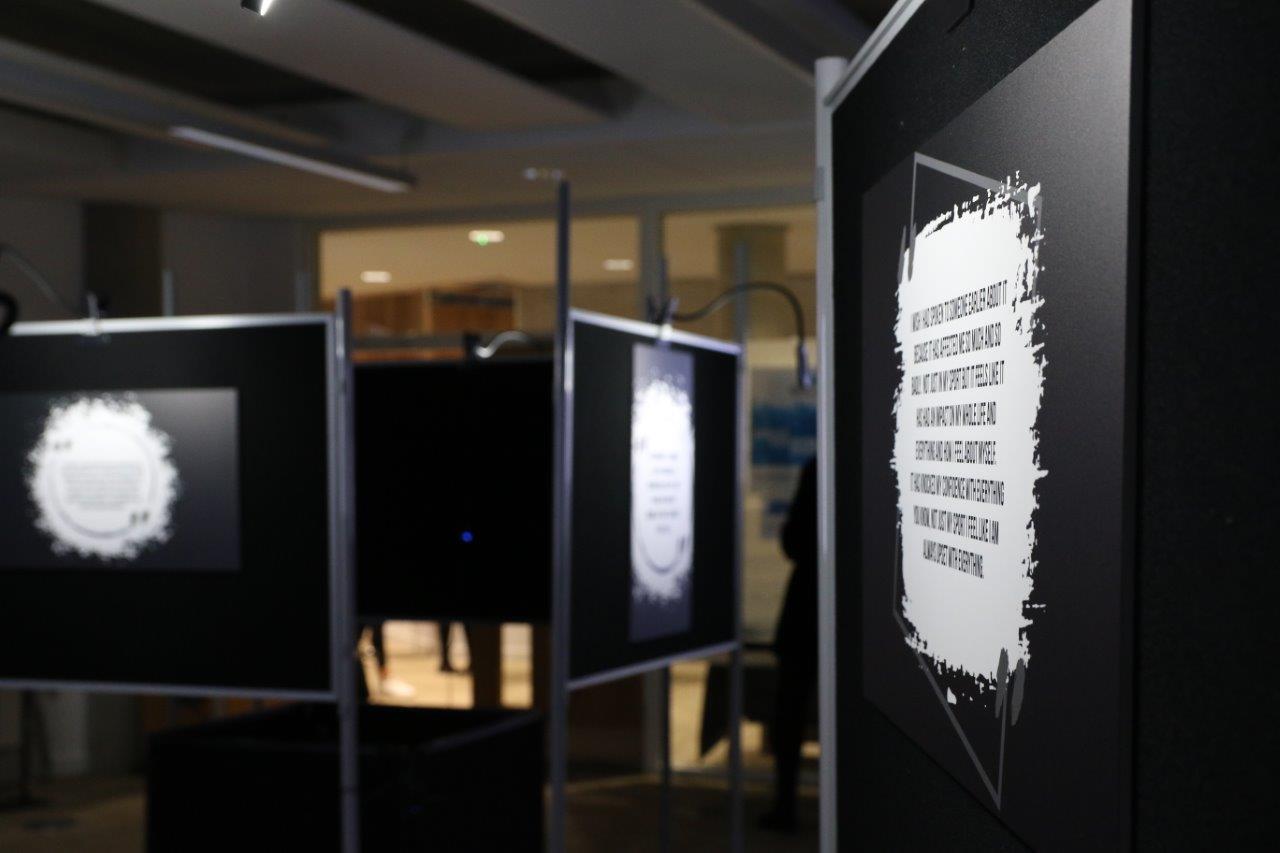
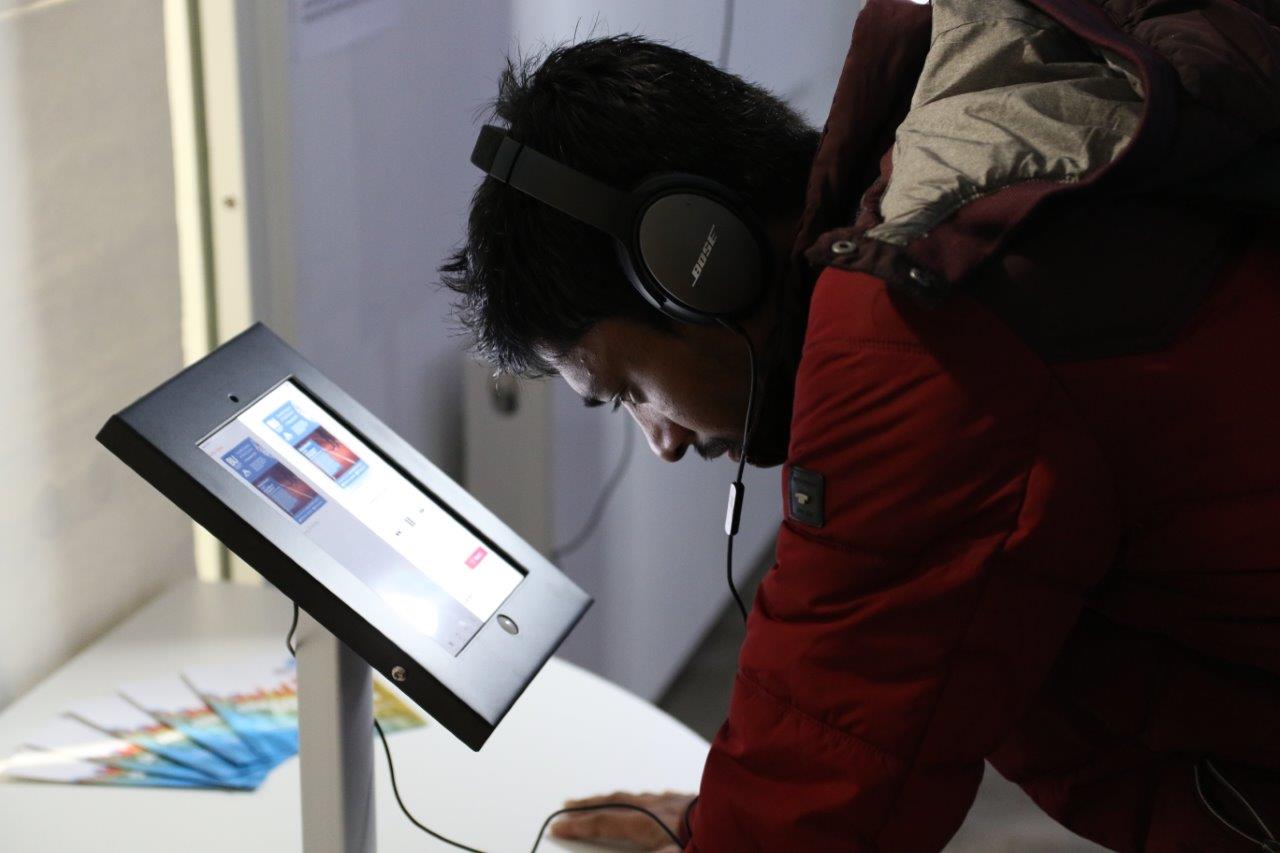
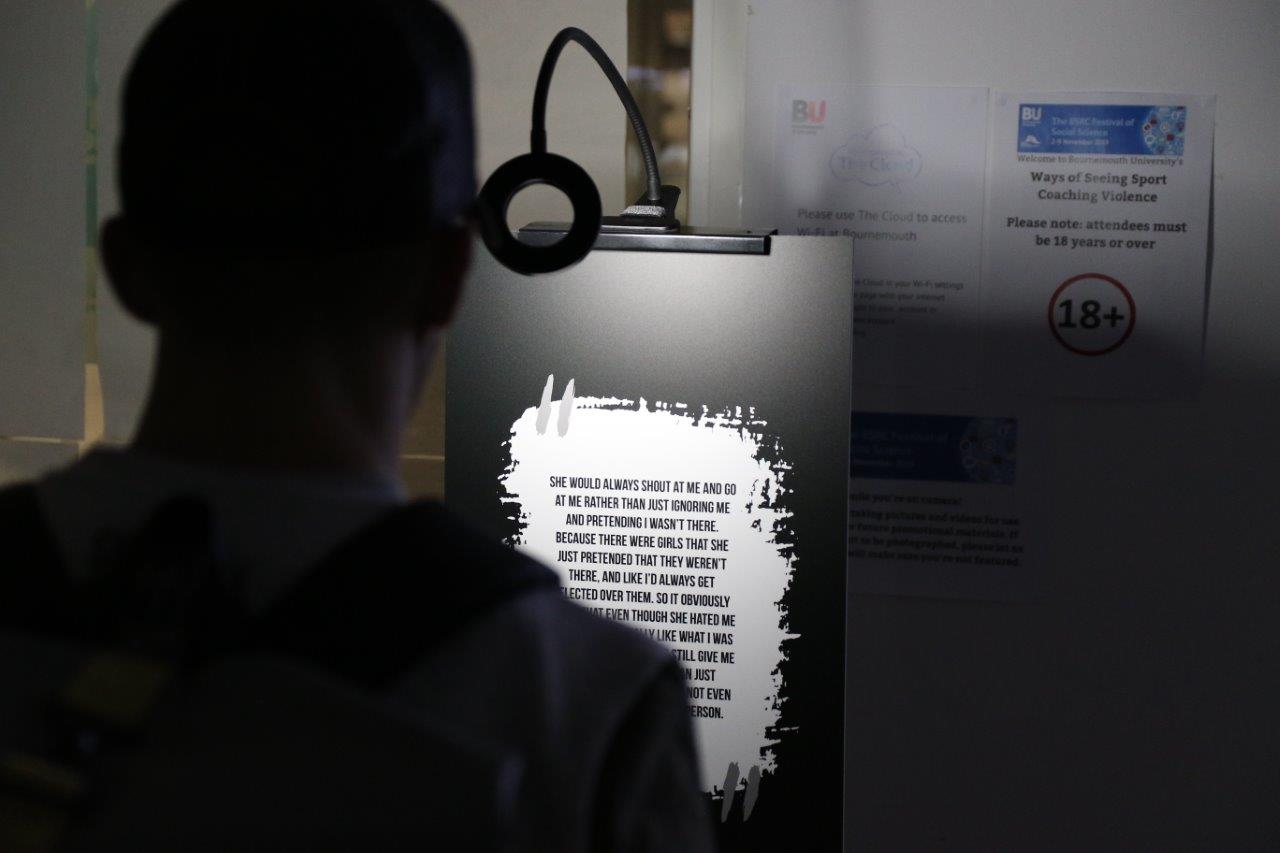
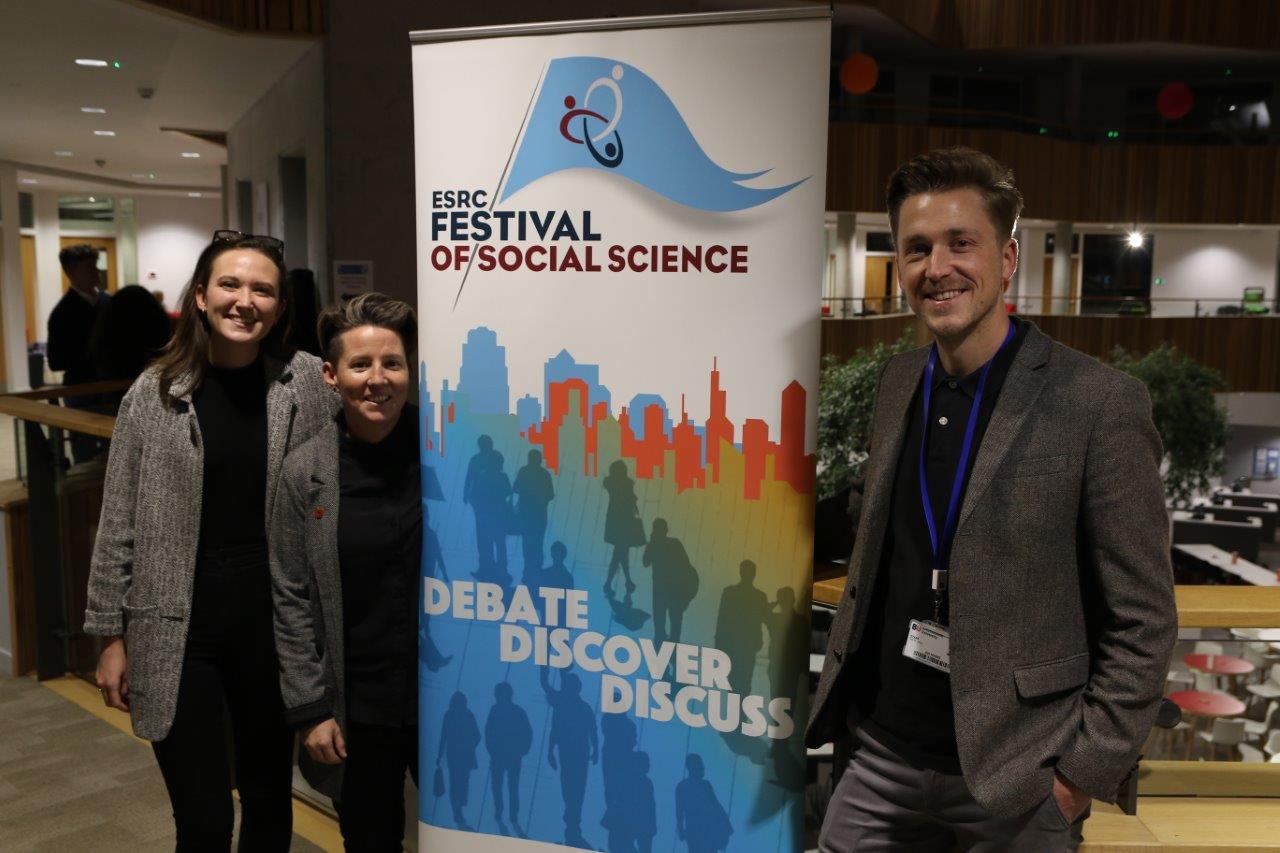


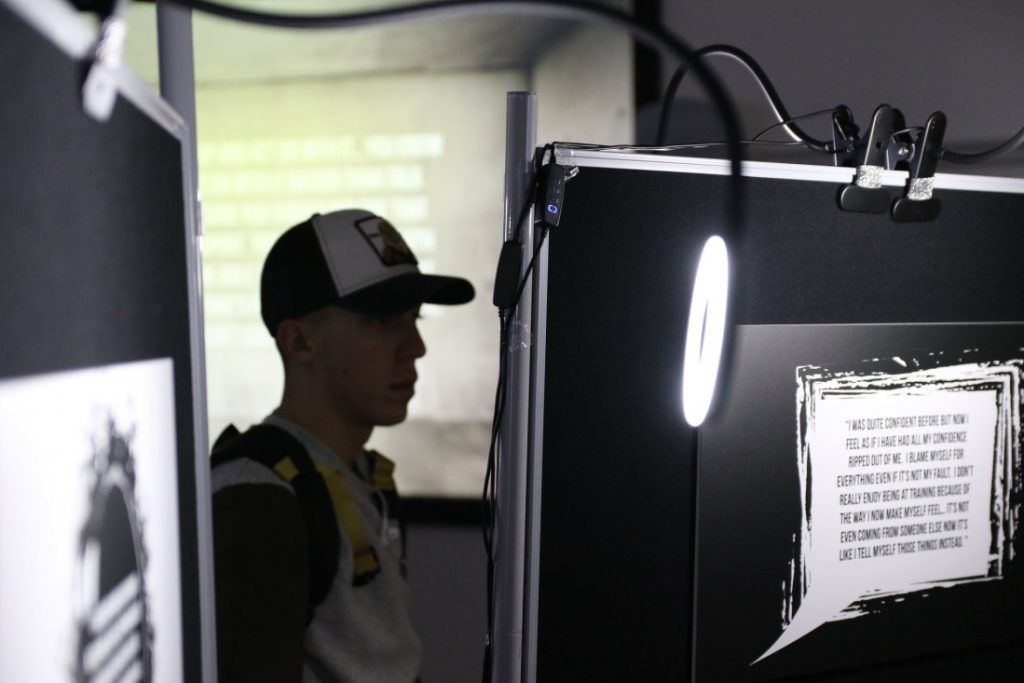
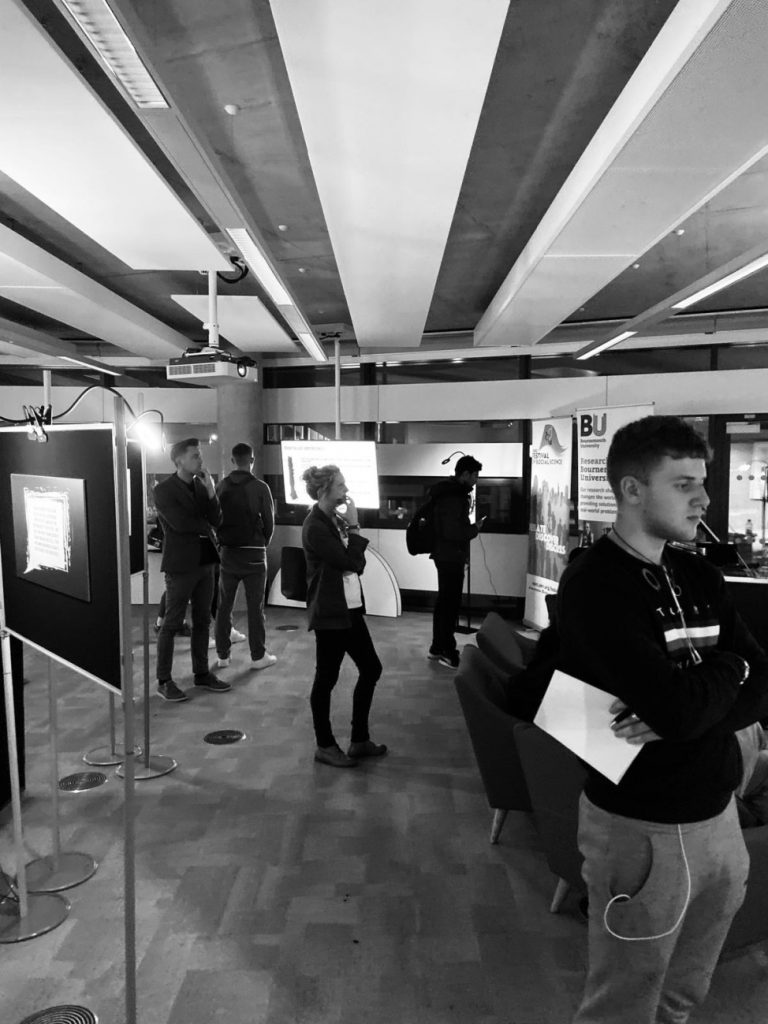
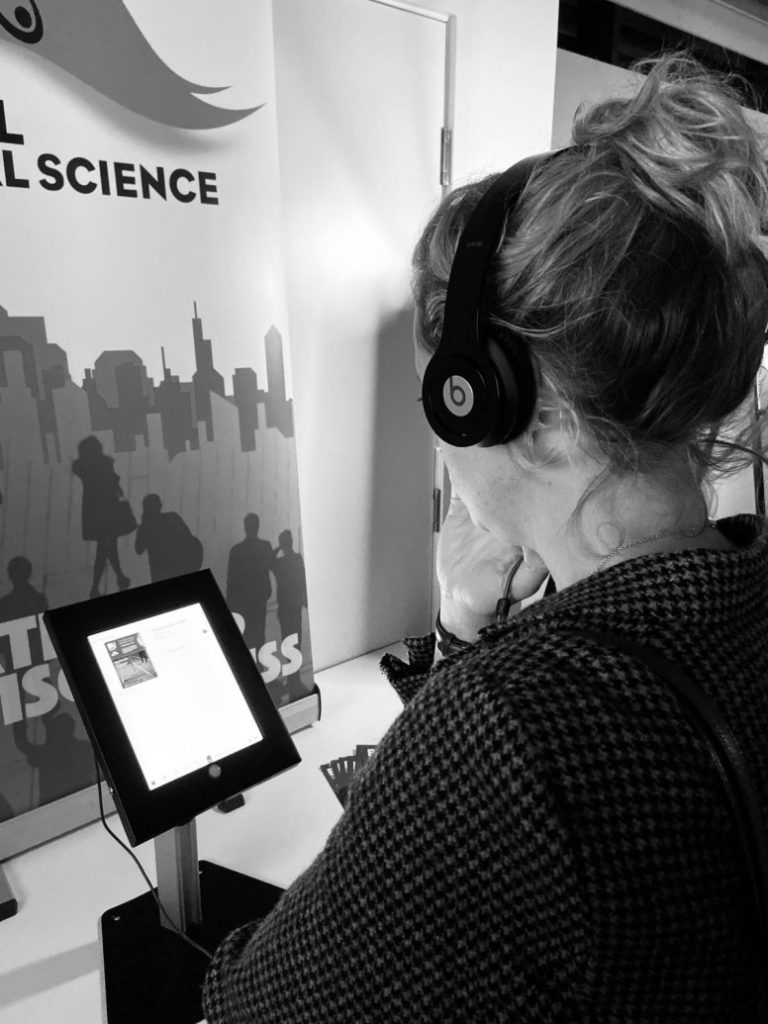











 No access to BRIAN 5-6th February
No access to BRIAN 5-6th February Missing Persons Indicator Project Recruitment
Missing Persons Indicator Project Recruitment Celebrating our Research: Postgraduate Research Showcase 2026
Celebrating our Research: Postgraduate Research Showcase 2026 Nursing Research REF Impact in Nepal
Nursing Research REF Impact in Nepal ECR Funding Open Call: Research Culture & Community Grant – Apply now
ECR Funding Open Call: Research Culture & Community Grant – Apply now MSCA Postdoctoral Fellowships 2025 Call
MSCA Postdoctoral Fellowships 2025 Call ERC Advanced Grant 2025 Webinar
ERC Advanced Grant 2025 Webinar Update on UKRO services
Update on UKRO services European research project exploring use of ‘virtual twins’ to better manage metabolic associated fatty liver disease
European research project exploring use of ‘virtual twins’ to better manage metabolic associated fatty liver disease